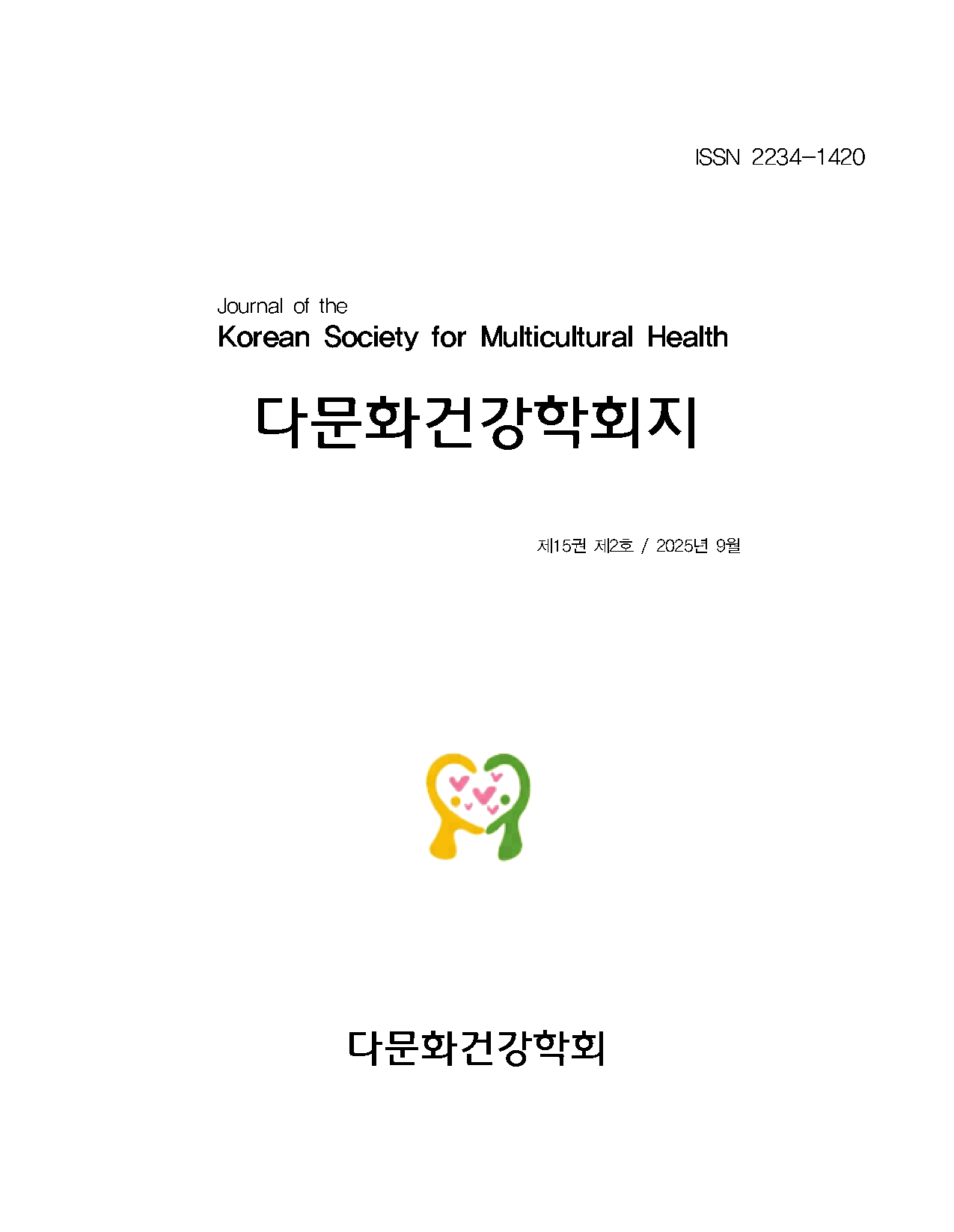Purpose: This study examined the mediating role of ethical sensitivity in the relationship between leadership and core nursing competency among prospective graduates of a four-year nursing program. Methods: A quantitative mediation analysis design was employed. Eighty-six nursing students from a nursing college who had completed the four-year program were recruited. Data were collected using three standardized instruments measuring leadership, ethical sensitivity, and core nursing competency. Data were analyzed using Pearson’s correlation coefficients, multiple regression analysis, and mediation analysis with Hayes’s PROCESS Macro (Model 4, bootstrapping=50,000 re-samples). Results: Leadership was significantly correlated with both ethical sensitivity (r=.46, p<.001) and core nursing competency (r=.46, p<.001). Ethical sensitivity was also significantly correlated with core nursing competency (r=.48, p<.001). In the regression model, both leadership (β=.30, p=.010) and ethical sensitivity (β=.36, p=.001) had significant effects on core nursing competency. Ethical sensitivity partially mediated the relationship between leadership and core nursing competency (indirect effect=0.10, 95% CI [.03, .24]). Conclusions: Ethical sensitivity partially mediated the relationship between leadership and core nursing competency, as both the direct and indirect effects were statistically significant. These findings underscore the importance of enhancing ethical sensitivity in conjunction with leadership development in nursing education to foster the core nursing competencies required for professional practice.
서 론
연구방법
연구결과
결 론
(0)
(0)
